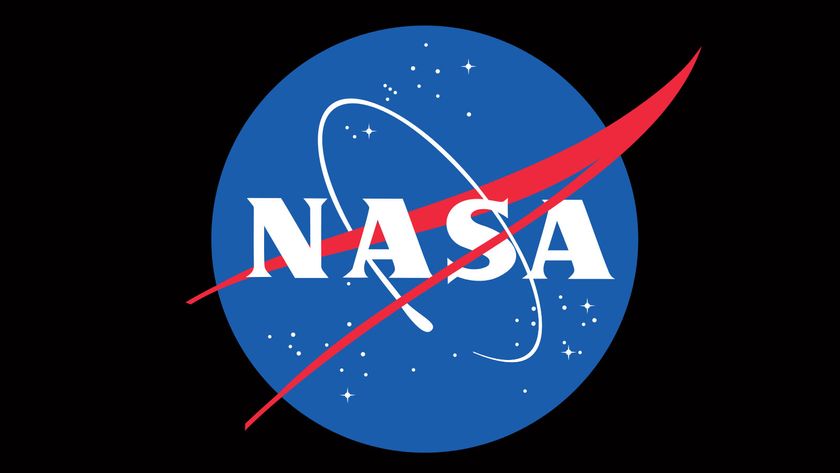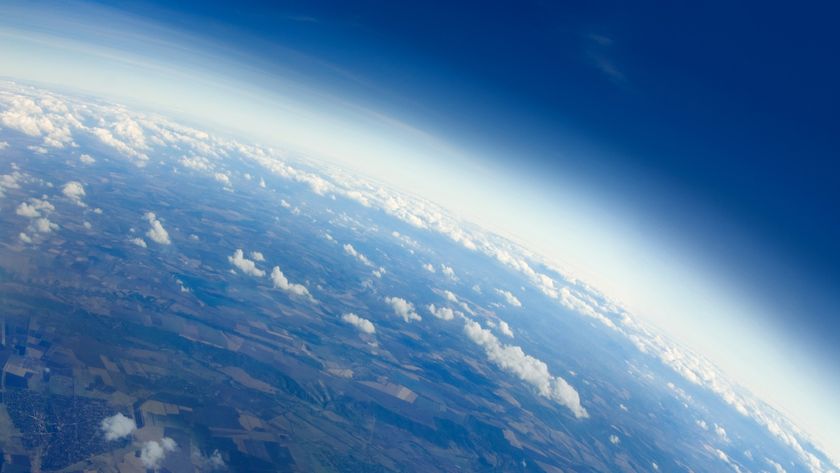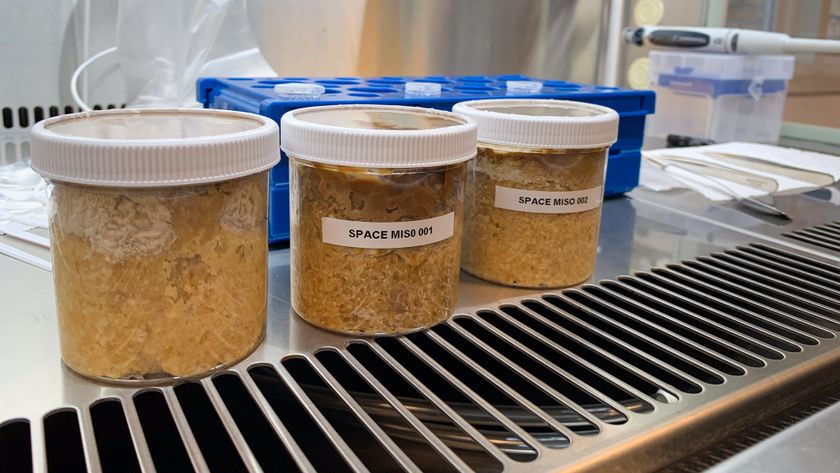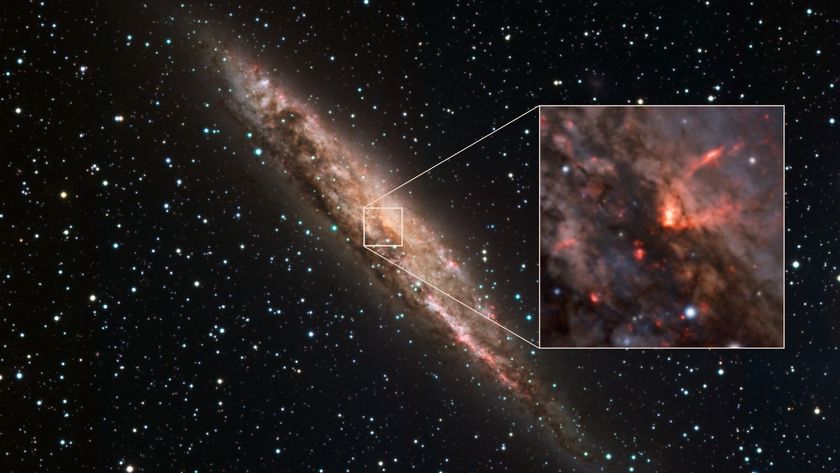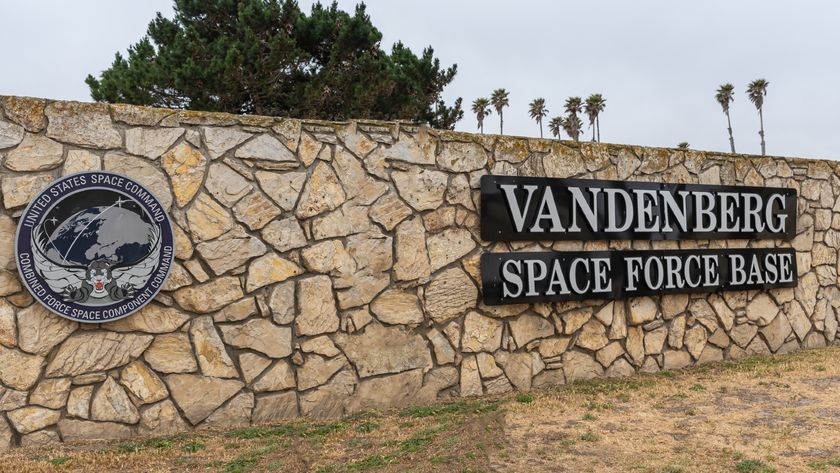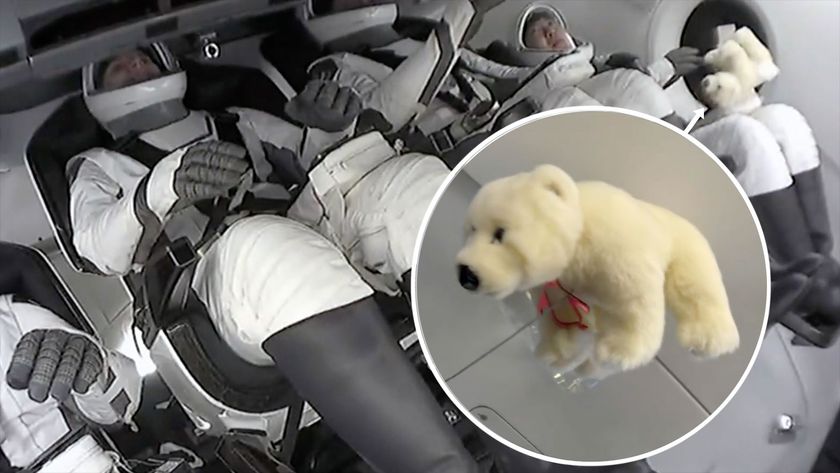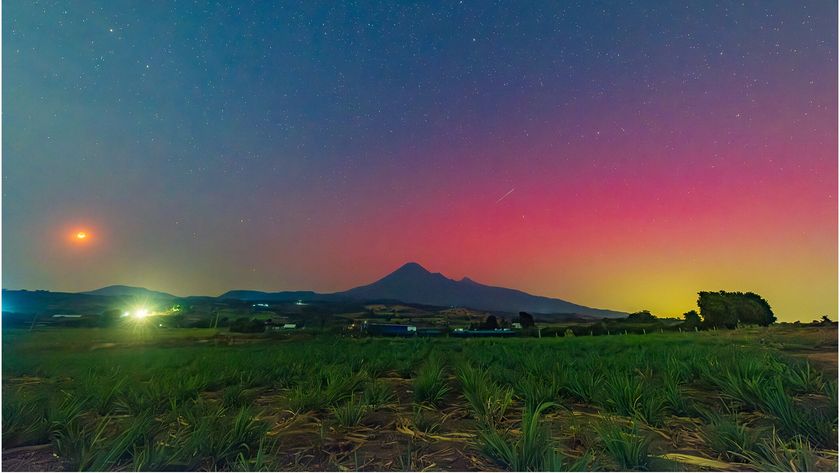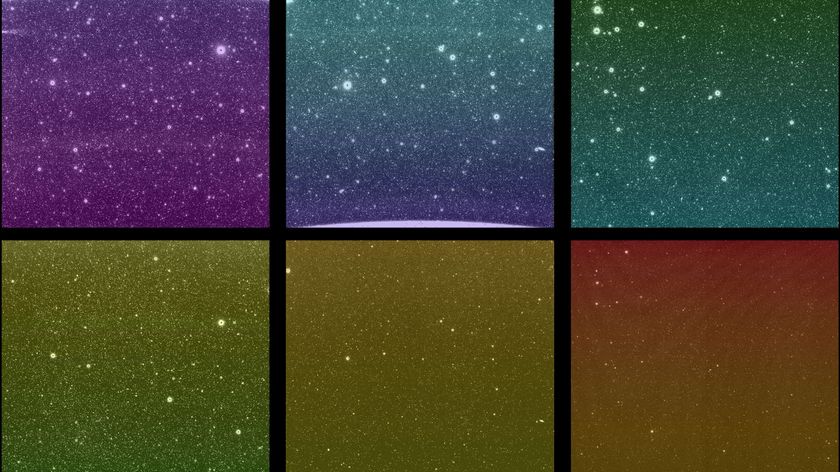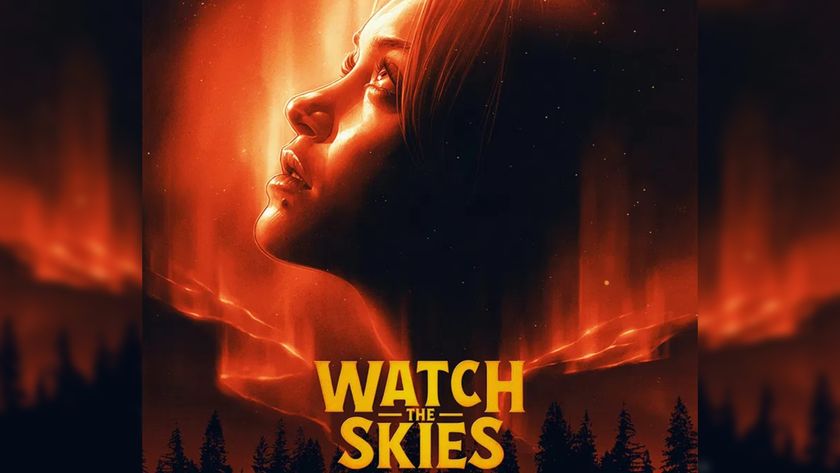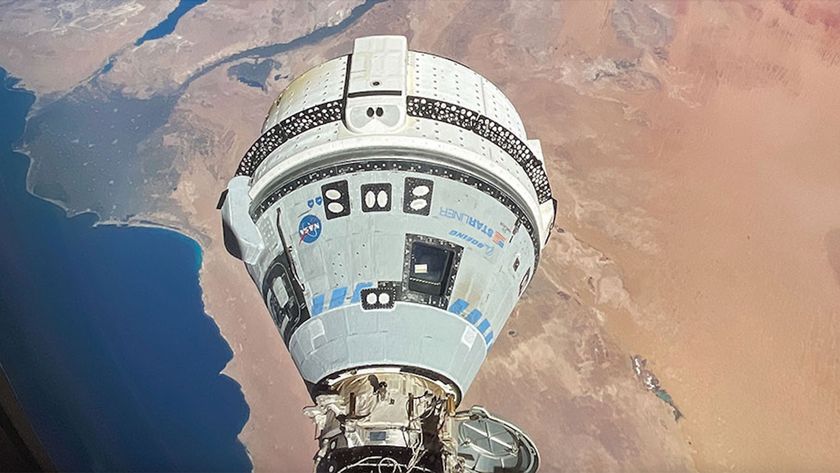Name an Alien Planet: Voters Wanted to Christen Strange New Worlds
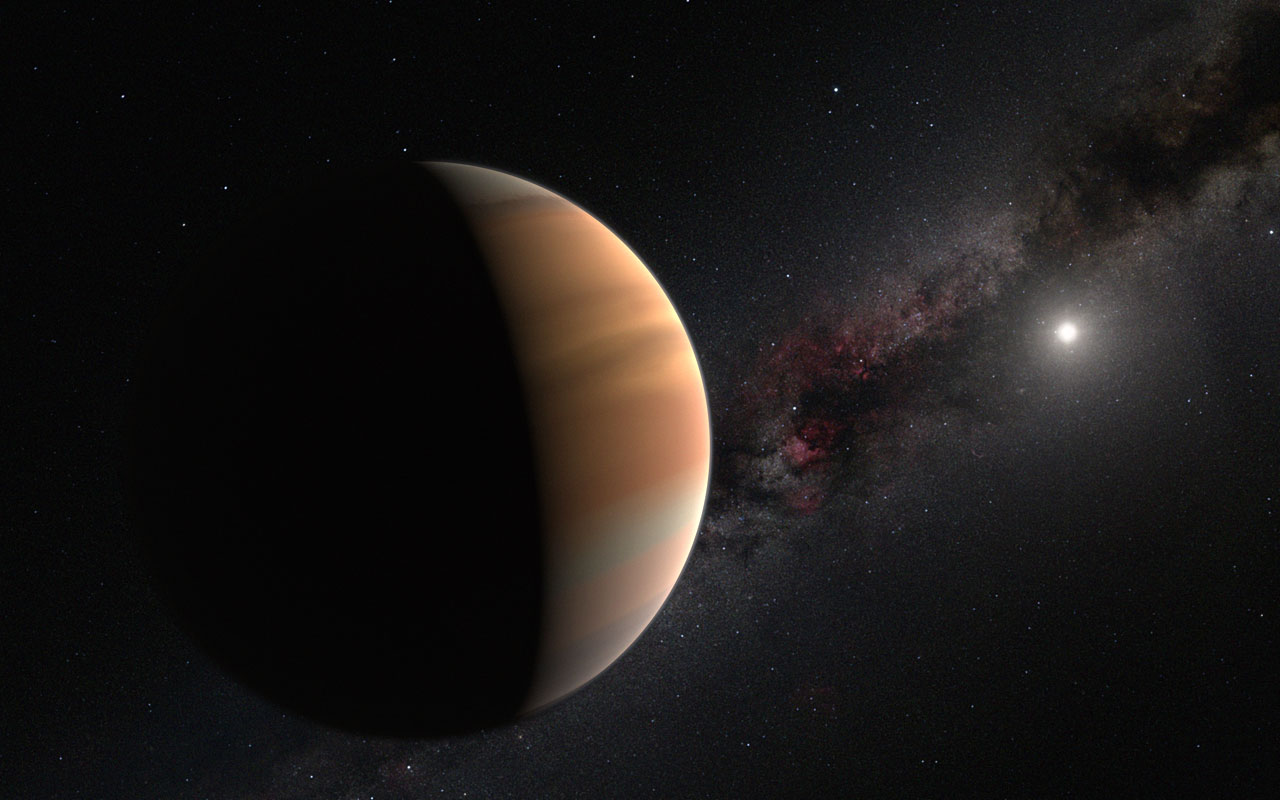
Do you want to help name an alien planet? Starting next year, space fans around the world will get the chance to vote on their favorite names for worlds beyond our solar system.
In a first, the International Astronomical Union (IAU) in charge of naming heavenly bodies will open its exoplanet naming process to the world in 2015 in the form of a public vote. Representatives with the IAU announced the new naming project, called NameExoWorlds, today (July 9).
The IAU has chosen a list of 305 worlds discovered before Dec. 31, 2008 as a starting point for the exoplanet name vote. [10 Exoplanets That Could Host Alien Life]
"These exoplanets belong to 260 exoplanetary systems comprising one to five members, in addition to the host star. These systems and their host star together are here referred to as ExoWorlds," representatives with the IAU said in a statement. "Their list is published on the NameExoWorlds.org website."
In September, the astronomy group will open up registration to astronomy clubs and nonprofits that wish to name the alien worlds, according to the IAU. Members of the clubs and other groups will vote for the top 20 to 30 exoplanetary systems they want to name in October; in December, the groups will submit their proposals for names. The IAU will oversee the proposals and then open the competition to the public in March 2015, when it will ask space fans to rank the proposed names for the alien planets and stars.
"People have been naming celestial objects for millennia, long before any scientific system of names ever existed," IAU representatives said in the same statement. "Even today, almost every civilization and culture uses common names to describe the stars and planets visible to the naked eye, as well as their apparent distribution on the sky — constellations, asterisms [star patterns], etc."
After votes are cast, the IAU will oversee and validate winning names in July 2015. IAU officials plan to announce the results in August 2015.
Get the Space.com Newsletter
Breaking space news, the latest updates on rocket launches, skywatching events and more!
The IAU has set some ground rules for organizations that plan to submit names for the competition before the public vote. According to the IAU, the rules are:
- Names should be 16 characters or less, preferably one word, non-offensive, pronounceable and not too similar to names already assigned to other celestial bodies
- Groups cannot propose names of pet animals, principally commercial names or names of living people. Additionally, groups cannot propose names of individuals, events or places mainly known for political, military or religious activities.
- Names cannot be protected by trademark or protected by intellectual property law.
- Winning names won't replace the scientific designation (the scientific name of the star followed by a letter, for example: Kepler-22b). However, the IAU will recognize the name as a legitimate, publicly used name.
Scientists have discovered more than 1,700 exoplanets, according to some catalogs. The first exoplanet was found in 1992.
The IAU is partnering with Zooniverse, an organization focused on citizen science, to make the NameExoWorlds contest a reality. To learn more about exoplanet naming and the IAU, visit: http://www.iau.org/public/themes/naming_exoplanets/.
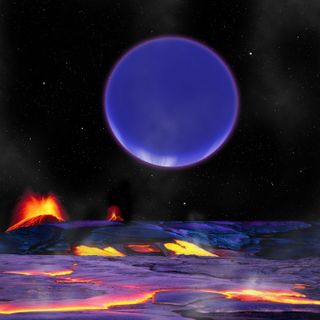
Follow Miriam Kramer @mirikramer and Google+. Follow us @Spacedotcom, Facebook and Google+. Original article on Space.com.
Join our Space Forums to keep talking space on the latest missions, night sky and more! And if you have a news tip, correction or comment, let us know at: community@space.com.

Miriam Kramer joined Space.com as a Staff Writer in December 2012. Since then, she has floated in weightlessness on a zero-gravity flight, felt the pull of 4-Gs in a trainer aircraft and watched rockets soar into space from Florida and Virginia. She also served as Space.com's lead space entertainment reporter, and enjoys all aspects of space news, astronomy and commercial spaceflight. Miriam has also presented space stories during live interviews with Fox News and other TV and radio outlets. She originally hails from Knoxville, Tennessee where she and her family would take trips to dark spots on the outskirts of town to watch meteor showers every year. She loves to travel and one day hopes to see the northern lights in person. Miriam is currently a space reporter with Axios, writing the Axios Space newsletter. You can follow Miriam on Twitter.
